Women’s studies is a relatively new and unique academic discipline. It is a discipline that seeks to asses and challenges the interlinked axes of oppression in society, viz., class, race, caste and gender. It seeks to rediscover the experience and knowledge of the marginalized sections in history and in contemporary societies. It seeks an understanding of the material on ideological structures of women’s oppression. This requires an understanding of the social, cultural, historical, political and economic milieu. Women’s studies has been one of the most powerful instruments for calling attention of the intellectual and the ideational skills of women across the world.
Women’s studies is interdisciplinary as a body of learning with a directed concern for women’s equality and empowerment. It seeks to find explanations and remedies for inherited conditions of inequality and injustice that women have been subjected while it analyses the origin and basis of discriminatory practices against women. Women’s studies in contemporary practice enlarge its scope to promote gender sensitization of men, women and communities. Therefore it is critical instrument for humanities and social science development in the context of social reality.
The book entitled “Hand Book on Women’s Studies” is an courageous attempt by the authors which will contribute to understand the origin and growth of Women’s Studies, Glossary on Women’s studies, Database on prominence of women, Indian Constitutional Provisions for Women, Progress Report of UN Millennium Development Goals, Women Development Approaches in Five Year Plans, Women Development Schemes. The book will help the students and scholars for the UGC-NET/JRF examination preparation.
Contents: 1. UGC Syllabus for women’s studies. 2. Origin and growth of women’s studies. 3. Contribution of feminist thinkers. 4. Glossary on women’s studies. 5. Database on prominence of women. 6. India census report 2011. 7. Indian constitutional provision for women. 8. Highlights of Five Year Plans. 9. Women development approaches in Five Year plans. 10. National policy for the empowerment of women (2001). 11. Progress report of UN Millennium development goals. 12. Women development schemes. 13. International and national significant days. 14. Model objective type questions and answers. 15. UGC Previous year questions and answers. 16. Model questions to practice.

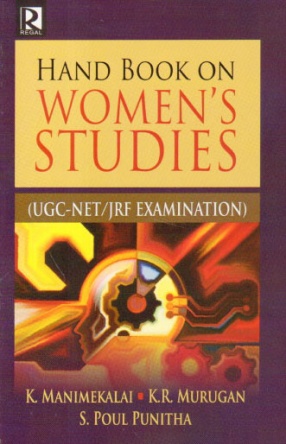
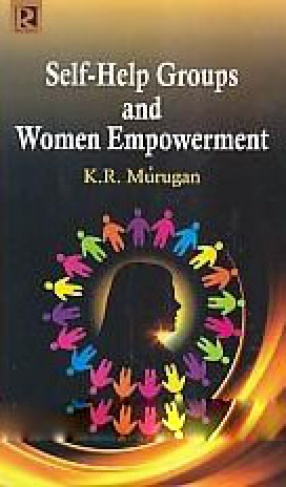
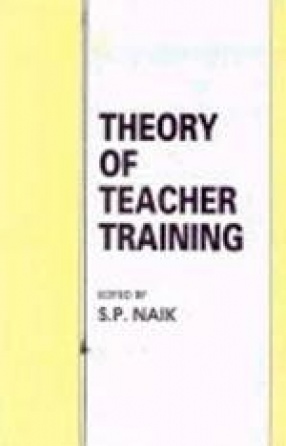
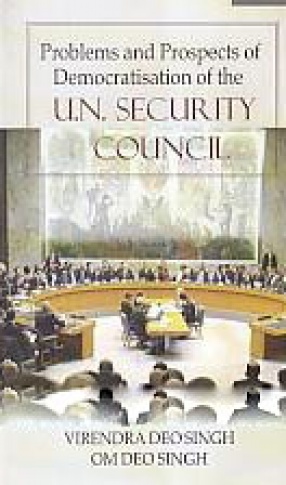
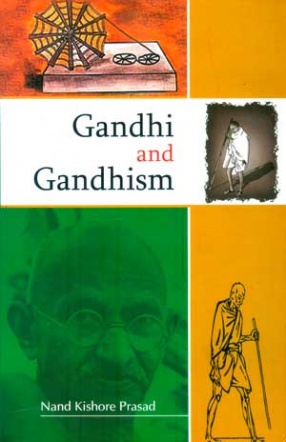
There are no reviews yet.